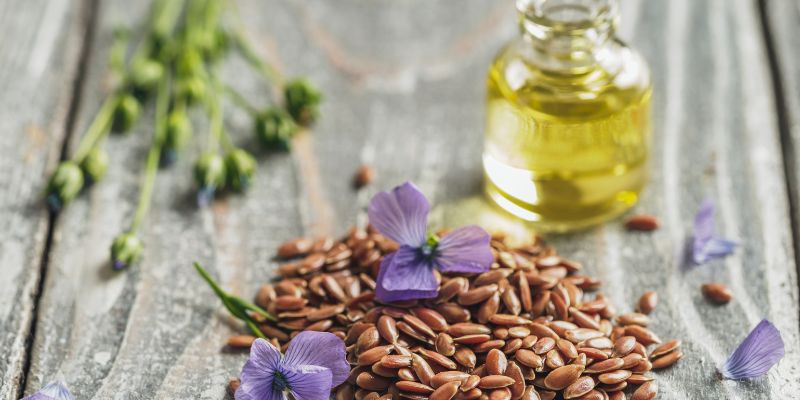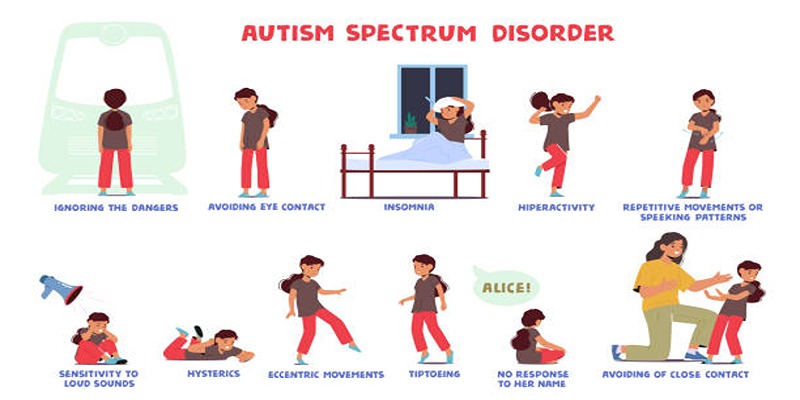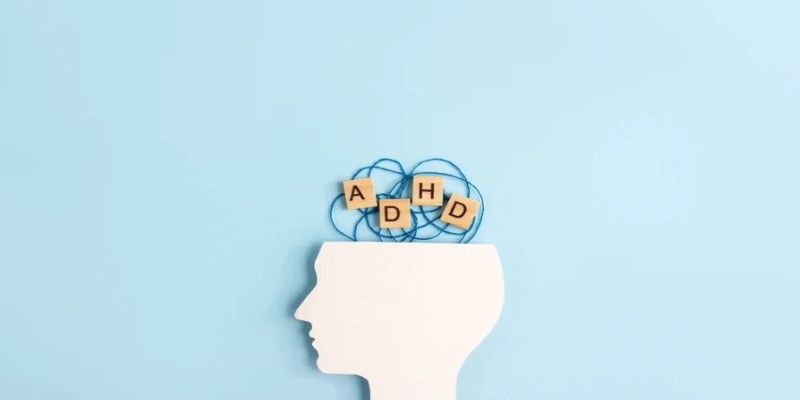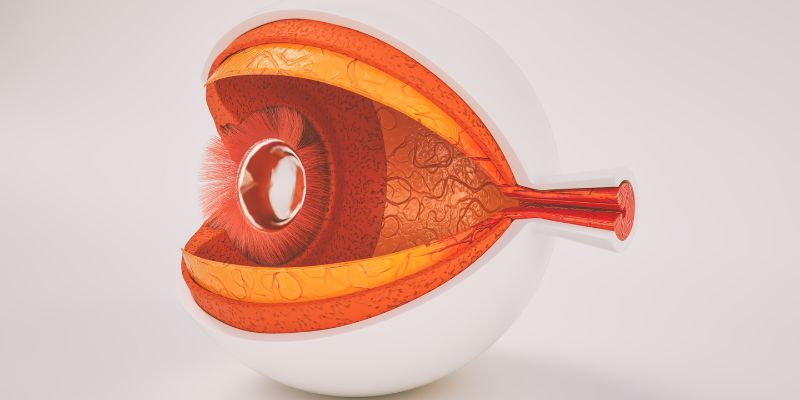Finding Calm in Chaos: Proven Strategies to Achieve Inner Peace Daily
These days, life can feel too fast, making people stressed, worried, and unable to find peace. Work demands, social media stresses, and daily tasks can make us feel like things are out of control, which is bad for our mental and physical health.
Developing peace and calm in the middle of life's chaos isn't an impossible goal, though. All you have to do is make a conscious effort to adopt practices that encourage thoughtful living and good stress management. This blog discusses useful ways to find long-lasting peace and balance, even when life is very busy.
Why is Inner Peace Important?
Inner peace is more than just not feeling stressed or anxious. It's a state of emotional and mental balance that lets people deal with life's problems without losing their cool. Being at peace with yourself makes it easier to deal with problems, make smart choices, and enjoy relationships that are stronger and more rewarding.
Chronic stress and anxiety impair mental, emotional, and physical health. Long-term worry can lead to heart disease, sadness, and problems with the immune system. So, dealing with stress and finding inner peace are very important for your health and well-being as a whole.
Practical Ways to Foster Inner Peace
Finding inner peace involves intentionally adopting habits that reduce stress and promote emotional wellness. Here are several practical strategies to achieve tranquility in everyday life:
1. Prioritize Mindfulness Meditation
Mindfulness meditation is a powerful practice that helps cultivate inner peace. Regular meditation promotes awareness of the present moment, allowing you to detach from worries about the future or regrets about the past. Just a few minutes of daily meditation can significantly reduce stress, enhance emotional resilience, and increase overall life satisfaction.
2. Establish Healthy Boundaries
A significant source of stress comes from over-commitment. Learning to set and maintain healthy boundaries in personal and professional relationships can prevent burnout. Clearly communicate your limits and politely decline additional responsibilities when necessary. Protecting your personal space and time is vital for achieving balance and inner peace.
3. Engage in Regular Physical Activity
Physical activity is not only beneficial for the body but also profoundly impacts mental health. Regular exercise, such as yoga, walking, cycling, or swimming, releases endorphins—natural mood boosters that alleviate stress and anxiety. Incorporating daily physical activity into your routine can significantly enhance emotional well-being and foster greater mental clarity.
4. Establish Consistent Routines
Predictable daily routines can significantly reduce stress by creating a sense of stability and order. Developing routines around sleep, meals, work, and relaxation help reduce decision fatigue and provides structure. Such routines promote a calmer mindset, enabling you to navigate daily challenges more effectively.
5. Cultivate Positive Relationships
Healthy relationships play a critical role in achieving inner peace. Surround yourself with supportive, positive individuals who encourage personal growth and emotional well-being. Invest in meaningful relationships that offer emotional support and constructive communication, greatly enhancing your overall quality of life.
6. Limit Exposure to Negative Influences
Reducing exposure to negative influences, including excessive social media, news, or toxic relationships, can significantly impact emotional well-being. Be intentional about the media you consume and focus on content that inspires and uplifts rather than drains your energy or increases anxiety.
7. Practice Gratitude Daily
Gratitude is a simple yet powerful practice that fosters inner peace. Regularly acknowledging and appreciating the good in your life shifts your mindset from focusing on worries to recognizing abundance. Journaling about daily gratitude or simply reflecting on things you're thankful for can significantly improve your overall mood and outlook.
Techniques for Effective Stress Management

Managing stress effectively requires both proactive and reactive approaches. The following techniques can help you handle stress in healthy and productive ways:
1. Breathing Exercises
Deep breathing exercises provide an immediate calming effect on the body and mind. Techniques like diaphragmatic breathing or the 4-7-8 method help lower stress hormones, promoting relaxation and mental clarity.
2. Progressive Muscle Relaxation
This method aims to tense and then relax muscle groups in a planned way. It helps the body and mind rest. Practicing progressive muscle relaxation regularly can help alleviate tension caused by stress, improving overall relaxation and sleep quality.
3. Journaling
Regular journaling allows for emotional release, reflection, and self-awareness. Writing down thoughts, feelings, and concerns can help organize your mind, identify stress triggers, and explore solutions calmly.
3. Connect with Nature
Nature provides therapeutic benefits that significantly reduce stress and promote inner peace. Regularly spending time outdoors, whether walking in a park, hiking in nature or gardening, helps rejuvenate the mind and foster tranquility.
4. Maintain Meaningful Social Connections
Human connection is vital for emotional health and stress management. Engaging in supportive relationships, sharing concerns with trusted friends, or spending quality time with loved ones boosts emotional resilience and provides essential emotional support.
5. Adequate Rest and Sleep
Sleep profoundly influences emotional and mental health. Prioritizing quality sleep and rest helps manage stress effectively, improving mood, cognitive function, and overall well-being. Establishing healthy sleep hygiene habits can significantly enhance inner peace and resilience.
Challenges in Achieving Inner Peace
While finding inner peace is highly beneficial, several common obstacles can impede this journey:
- Busy Lifestyle: Overloaded schedules and responsibilities often leave little time for relaxation or self-care.
- Constant Connectivity: Technology's constant connectivity can hinder relaxation, making it challenging to disconnect and find quiet moments for reflection.
- Cultural Expectations: Societal pressure to remain productive and continually busy discourages taking breaks or prioritizing self-care, resulting in chronic stress.
Recognizing these challenges is essential to actively overcoming them, fostering greater emotional resilience and sustained inner peace.
The Lifelong Benefits of Inner Peace

Achieving lasting inner peace provides numerous long-term benefits, significantly impacting personal, professional, and social aspects of life:
- Enhanced Productivity: Inner peace promotes clearer thinking and improved focus, boosting productivity and efficiency.
- Stronger Relationships: Inner peace improves emotional intelligence and empathy, enhancing interpersonal relationships and communication.
- Improved Physical Health: Reducing chronic stress through mindful practices positively impacts overall physical health, reducing risks for various illnesses.
- Greater Emotional Resilience: Inner peace equips individuals to handle life's challenges with composure and flexibility, enhancing emotional stability.
Conclusion
Achieving inner peace amidst life's chaos is not just desirable—it's essential for overall well-being and happiness. By actively incorporating mindful practices, managing stress effectively, and cultivating supportive routines and environments, you can significantly enhance your quality of life.
Implementing these practical strategies fosters a harmonious balance between productivity and relaxation, enabling you to thrive emotionally, mentally, and physically. Prioritize inner peace by integrating mindful practices into your daily life, empowering yourself to live authentically, intentionally, and joyfully.












